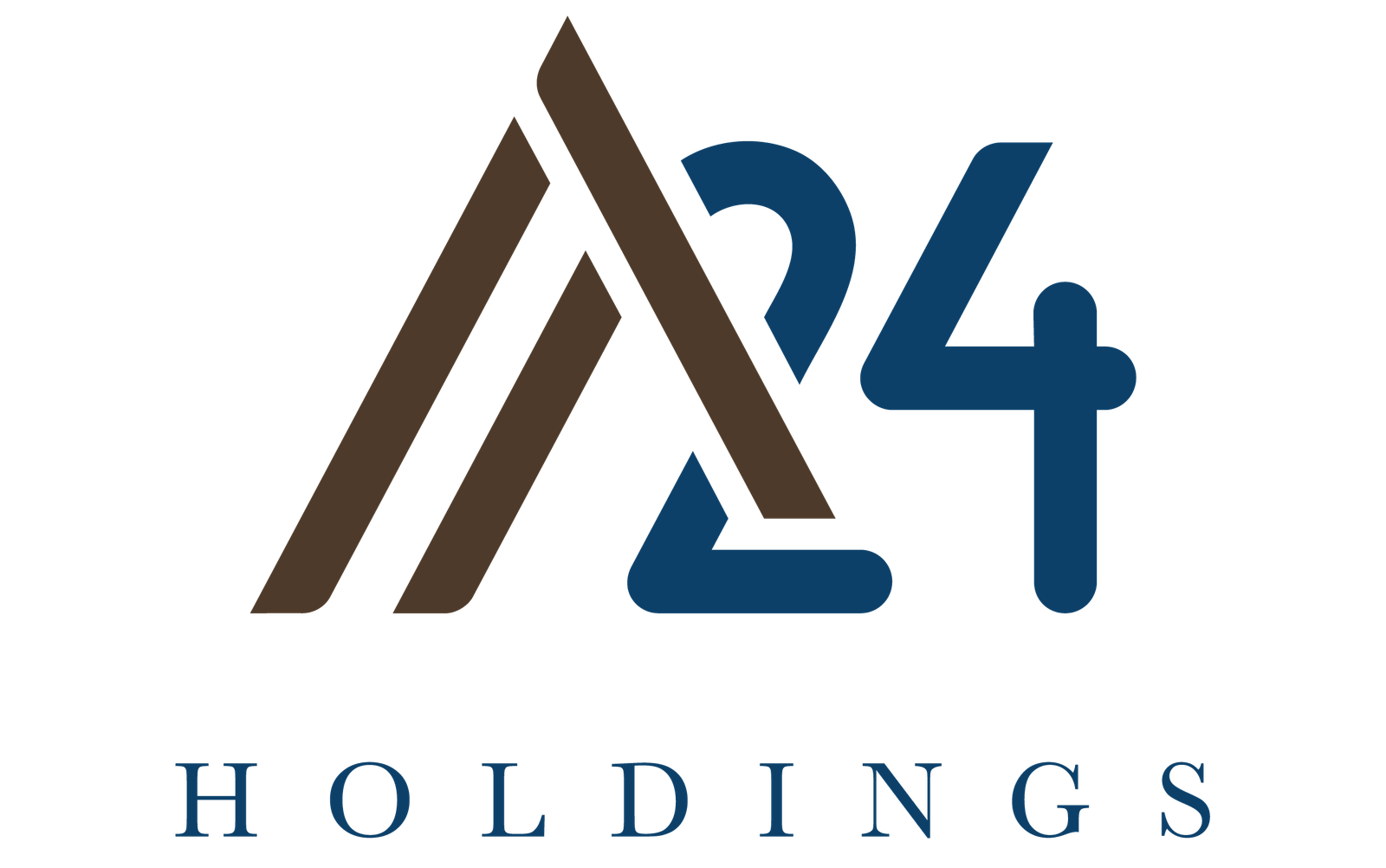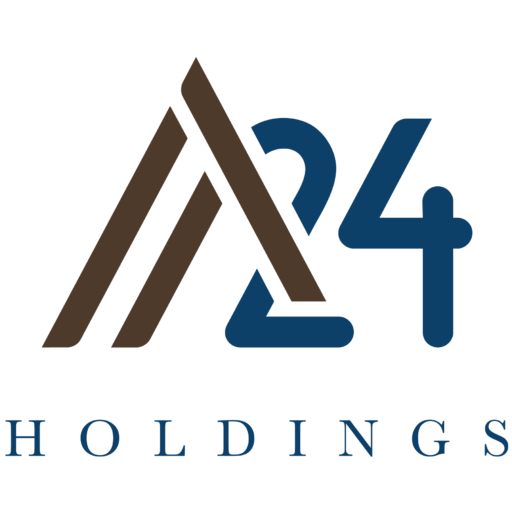After decades of running your leadership training and development firm, you’re starting to think about what’s next. Maybe you’re ready to slow down, step back, or retire altogether.
But this business isn’t just what you do. It’s part of who you are.
You’ve built more than a company. You’ve shaped a mission. A body of work. A community. You’ve helped leaders grow, guided organizations through transformation, and created something with real meaning and impact.
That’s why the idea of selling feels different than it might for other founders.
Unlike many businesses, leadership training companies often center around the founder. Their name, values, and voice are at the heart of the client experience. Your intellectual property may live in your head as much as in your files.
Your team is likely more than just staff; they’re part of the experience your clients rely on. Your client relationships have been built through real work: navigating change, growth, and often, deeply personal leadership moments.
So, stepping away brings questions most business owners don’t have to ask:
- Will the mission still mean something when I’m gone?
- Will my team be respected and retained?
- Will my clients stay in good hands?
- And can someone else carry this forward without losing its heart?
If you’ve wrestled with any of that, you’re not alone.
This guide is for leadership training founders who want to exit with intention, protect what they’ve built, and ensure the mission continues even after they’ve stepped away.
Let’s explore how to step away while preserving what makes your company meaningful.
Why Leadership Training Companies Are Different
Not all businesses are built the same, and not all exits feel the same.
Leadership training companies are deeply personal. They’re built on trust, belief systems, and human connection. You’re not just delivering content; you are shaping how people present themselves in the world. That changes the stakes when it’s time to step away.
In many cases, the founder is the brand. Your voice, your values, and your presence are deeply embedded in every workshop, keynote, and coaching session. And even if you’ve scaled the delivery, the company still reflects your mission, your “why.”
That’s why succession is rarely straightforward.
Unlike software or service companies, leadership development firms often don’t have rigid playbooks or standardized products. What makes them successful is often intangible:
– The emotional safety you create in a room
– The long-term trust you have earned with clients
– The deep internal alignment within your team
And those things don’t automatically transfer with a business deal.
That’s why transitioning out takes more than signing papers; it takes intention.
If you are thinking about stepping back, the question isn’t just “Is my business ready to sell?”
It’s “Is it ready to carry the mission without me?”
What “Heart” Really Means in a Leadership Training Firm
The “heart” of a leadership training company doesn’t live in a course catalog. It’s not your slide decks, certifications, or frameworks, though those matter too.
It lives in how you show up and what your brand stands for when no one’s watching.
It’s in how your team supports each client, like they are the only one that matters.
It’s in the belief that better leadership builds better workplaces and better outcomes for people.
That’s what gives your company its soul. It’s the part clients and team members feel, even if they can’t quite name it. When founders like you start thinking about succession, the biggest fear isn’t, “What’s the offer?”
It’s:
- Will the message stay intact?
- Will the team feel supported?
- Will clients still trust the brand when I’m not in the room?
These questions aren’t rooted in ego. They reflect responsibility.
You’ve worked hard to build something that feels different. The heart of your business isn’t in the deliverables; it’s in the transformation you’ve helped spark in leaders across organizations.
And if you’re reading this, chances are you don’t want your life’s work to become just another “training company.” You want the impact to last, even after your name is no longer on the front page.
You want it to mean something, even after you have stepped away.
What to Look for in a Legacy-Minded Buyer
If your business was built with heart, it shouldn’t be handed over to someone who doesn’t have one.
When it’s time to step away, the right buyer won’t just offer a competitive price. They’ll take time to understand the relationships and values your business was built on, from the clients you’ve served to the culture you’ve nurtured. They’ll see more than just margins. They’ll recognize the value of your work and the trust you’ve earned.
So, how do you know if someone is truly legacy-minded?
Here’s what to look for:
1. They Ask About People, Not Just Numbers
A legacy-minded buyer will want to understand your team, not just your top-line revenue.
They’ll ask:
- “Who are the facilitators your clients trust most?”
- “What’s your team dynamic like?”
- “Who’s been with you the longest?”
2. They Care About Your Frameworks and Philosophy
Not every buyer will understand the depth of your intellectual property. But the right one will ask about your methodology, values, and approach.
They will look for ways to build on what is working.
3. They Want a Smooth Transition, Not a Fast Exit
If a buyer seems eager to rush the handoff, take a closer look. The right partner will want to collaborate on a transition plan that gives clients and staff time to adjust.
They may even ask you to stay involved as an advisor or mentor during the transition, because they see your presence as an asset, not a complication.
4. They Respect What You’ve Built—And Want to Carry It Forward
Legacy buyers tend to respect the reputation you have built. They see value in preserving that trust.
The right buyer does not just take over a business. They carry forward the purpose behind it. When someone truly gets that, it shows early and clearly.
Not sure how to tell if a buyer is truly values-aligned?
If you’re evaluating buyers now, keep these four questions in mind to quickly spot who’s aligned.
How to Design an Exit That Honors the Mission
You have helped leaders grow, sometimes one-on-one, sometimes across entire organizations. Now it’s your turn to lead one final transition: the one that takes you from the center of the company to the next phase of your life.
But here’s the truth: a meaningful exit isn’t just about stepping away. It’s about passing something forward, intentionally.
When a business has heart, the handoff can’t be rushed. Here are a few ways to make sure your exit reflects the same purpose-driven thinking that built your company in the first place:
1. Choose a Phased Transition, Not a Hard Stop
Avoid stepping away abruptly.
Consider staying involved for a period, maybe as a coach, advisor, or strategic sounding board.
This gives clients confidence, your team stability, and the new owner time to absorb the culture.
2. Protect What Matters in the Deal Terms
Use your purchase agreement to define what should stay intact.
That could include:
- Retaining your current team
- Preserving your curriculum and methodology
- Continuing key client relationships
3. Create a Communication Plan—For Your People and Your Clients
Transitions can create uncertainty. Don’t leave your team or your clients guessing.
Collaborate with the buyer on how to communicate the transition and how your continued involvement will be positioned.
4. Help Your Team See the Next Chapter
Every deal is different. Some transitions may be brief, others more collaborative. What matters is having a say in how that shift happens.
Think of this as the next chapter. What we’ve built continues, just with someone new at the helm who shares the same values.
That framing gives your team and your clients permission to move forward without losing connection to the mission.
Leaving doesn’t erase what you’ve built. It’s a chance to shape how the work continues and who will carry it forward.
Leaving Doesn’t Mean Letting Go of What Matters Most
You have spent years helping others become better leaders; now it’s your turn to lead a transition that reflects the same values you’ve taught all along: clarity, intention, and care.
Stepping back isn’t about giving up what you’ve built. It’s about choosing the right path forward, and the right person to lead it.
With the right planning and the right successor, your message won’t be lost.
Your team will stay supported. And your mission can continue to make an impact, even when your name is no longer on the calendar.
At AA24 Holdings, we partner with mission-driven leadership companies that care about people, purpose, and impact.
We continue the work and the legacy behind it.
Thinking about what’s next? We’re here to listen. No pitch. No pressure. Just a real conversation.
Contact us: contact@aa24holdings.com






